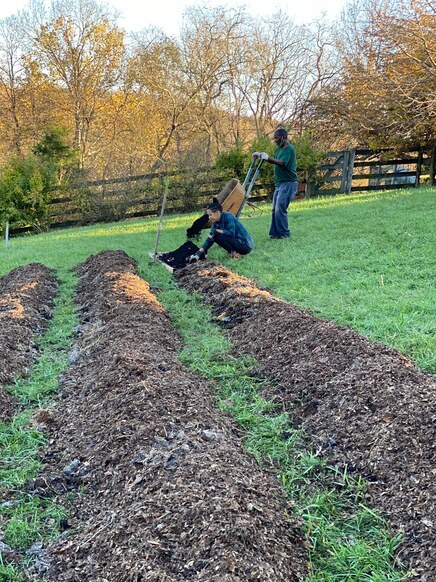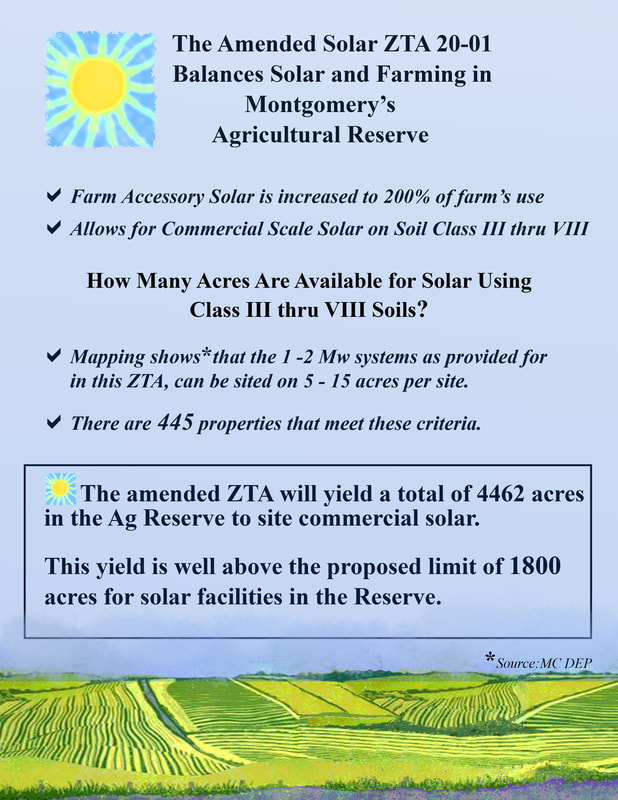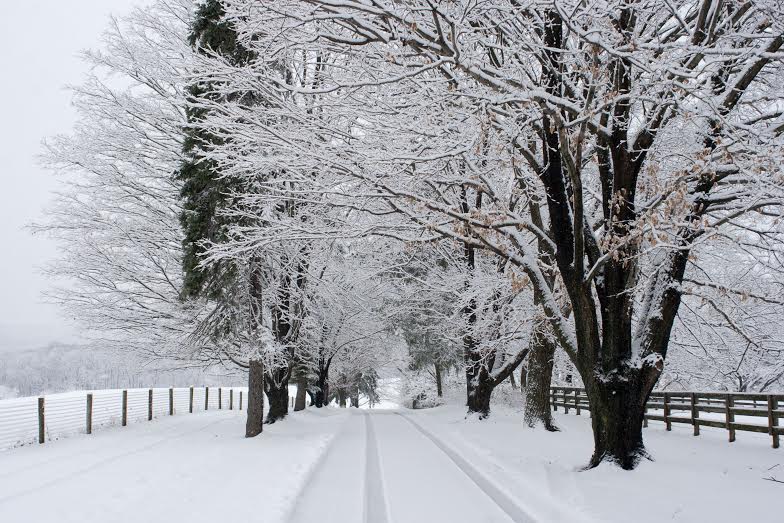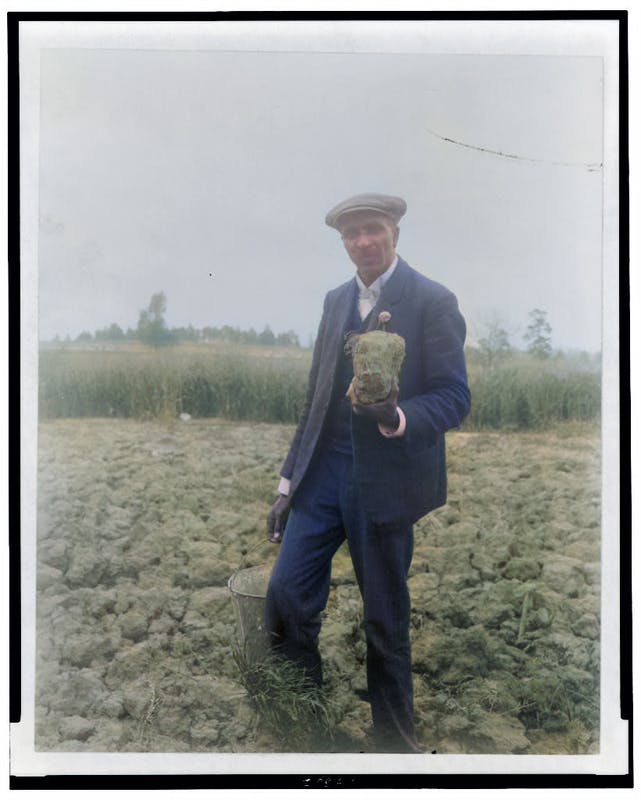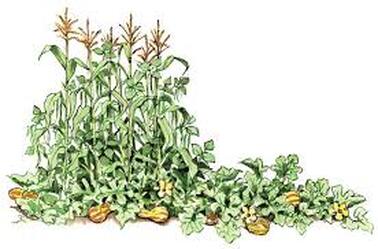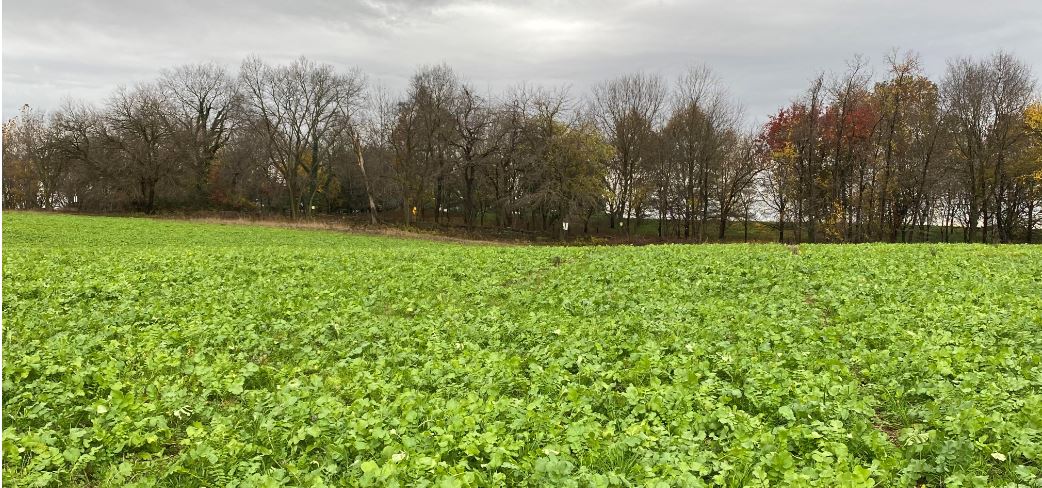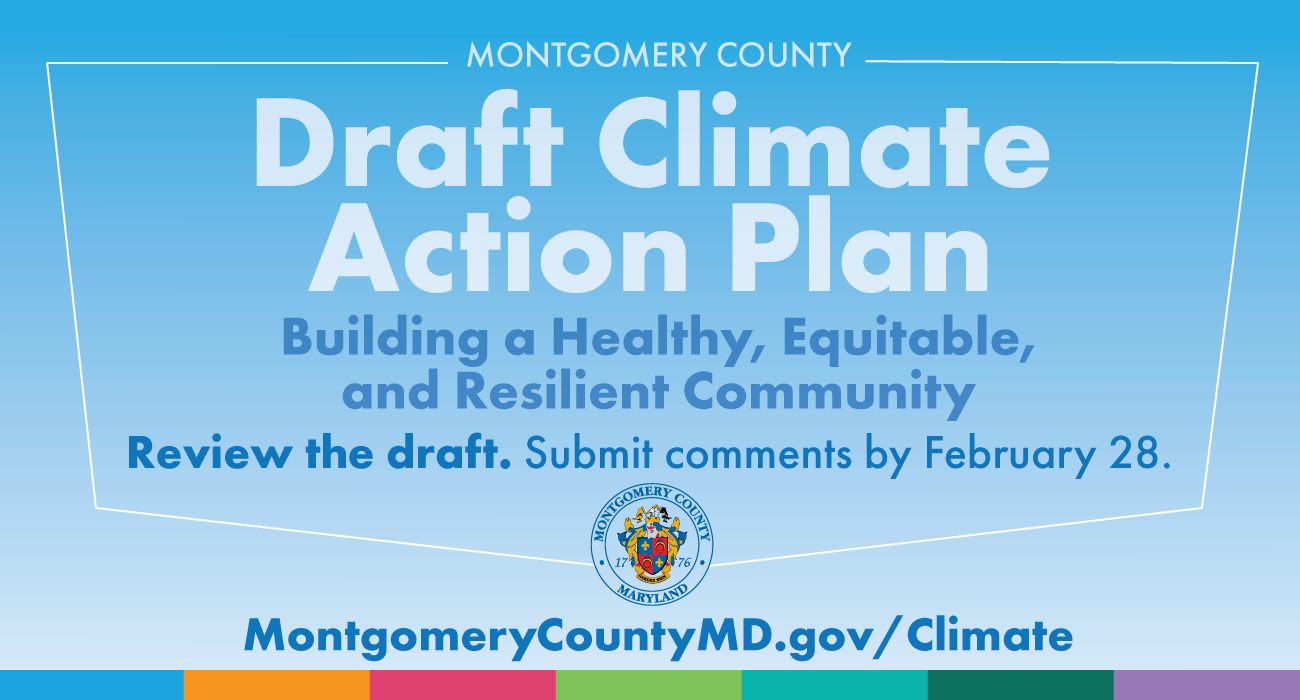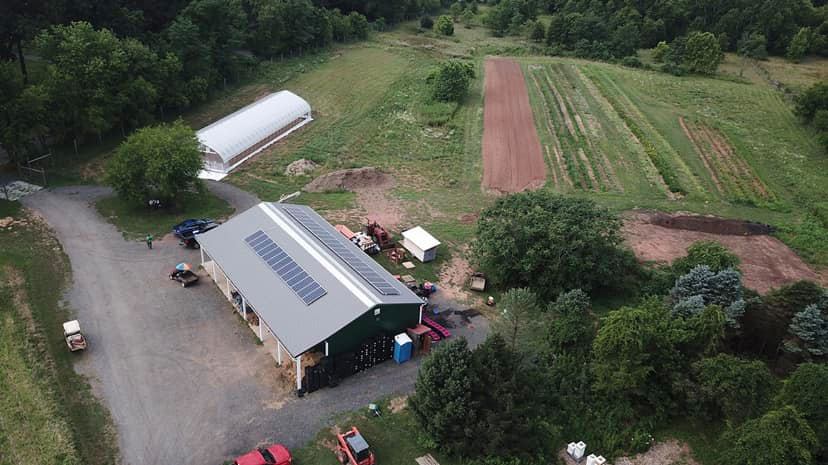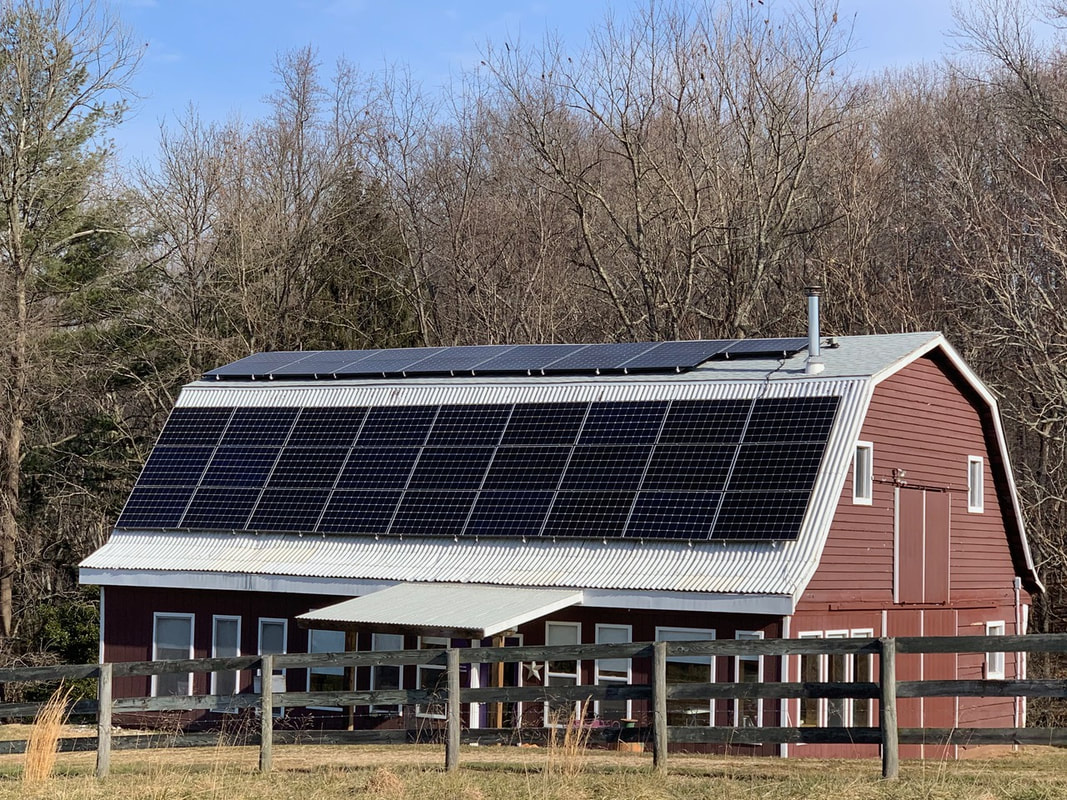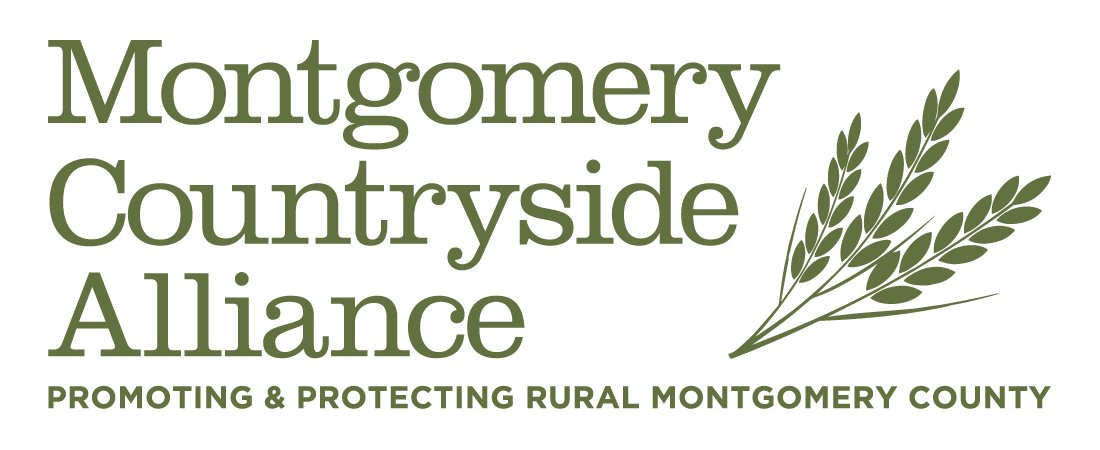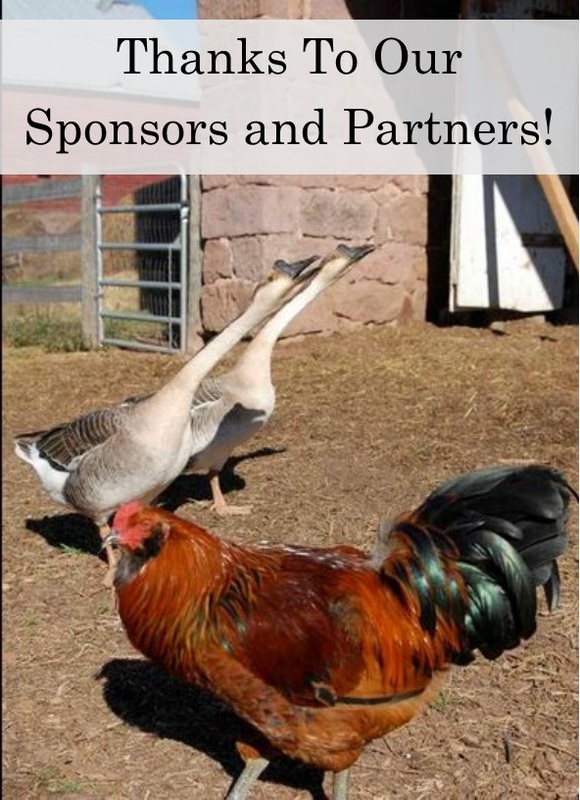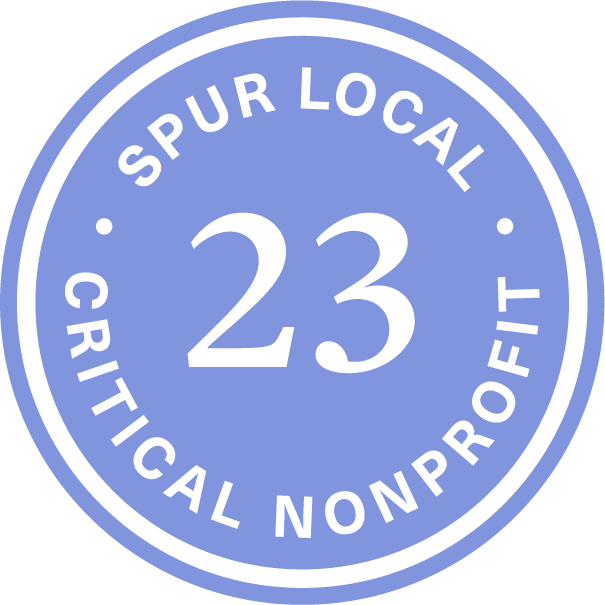If you need more information about the program - visit the Land Link site, view the landowner fact sheet or get in touch at [email protected]
However, many more farmers are looking for land. Currently on the site, land seekers outnumber landowners 2:1. These aspiring farmers come from all walks of life, represent many backgrounds and ethnicities, some are veterans, doctors, refugees, teachers and all have different plans for new farms. None of them can get started without land.
The pandemic has put a fine point on the need for a stronger local food system, empty shelves last spring and continued long lines at food banks show that we need to grow more of our own food and distribute it equitably as neighbors continue to struggle with food insecurity.
Landowners hold the key to growing more local farms that can in turn grow more local food. While large acreage is great, many land seekers are looking for a lease on just 1-5 acres. Some are seeking less than 1 acre.
If you have land to lease and are interested in learning more, please join us for a virtual information session on March 24 at 7:30pm.
Full Press Release here.
A farmer and landowner matched through the program will join us to share their experience in the program and any questions about leases, irrigation, etc will be answered. Though we focus on Montgomery County, residents from surrounding counties are most welcome.
Please RSVP below and the zoom link will be emailed to you.
you can browse listings from the program here.
Program FAQs here.
Stories of matches here
See this Maryland Farm and Harvest video on Dodo Farms, matched with land through our Land Link program.

